Mangalore, February 20: Yenepoya Foundation, a unit of Yenepoya Moideen Kunhi Memorial Educational and Charitable Trust, distributed academic excellence awards to 235 students and 19 institutions for their performance in SSLC, PUC and undergraduate degree examinations in 2010-11.
Mangalore MLA U T Khader distributed the awards at a function organized at indoor stadium of the Yenepoya University.
Speaking on the occasion he said the talent in a student should not be confined for obtaining marks but it should encompass all areas including discipline.
He said that it was a frightening fact that the number of educated and qualified people is rapidly increasing in illegal activities, crime and corruption throughout the country. We should seriously think on it, he said.
Mr Khader also urged that more and more students from rural area should plunge into higher education and compete with urban students.
Delivering the introductory remarks, B Ahmed Haji Mohiuddin, Chairman of the Thumbay Group of Institutions chairman, informed that as many as 2055 students and 35 institutions had submitted applications for the academic excellence awards.
The Foundation distributes academic excellence awards to students excelling in SSLC, PUC and undergraduate degree examinations and motivates them through scholarships every year.
These awards are given to students of Dakshina Kannada and Udupi districts of Karnataka and Kasargod district of Kerala purely on basis of merit. The recipients of these awards are around 200 every year and the total annual budgetary allocation for this is around Rs 10 lakh. For the year 2010-11 the foundation is giving awards for 235 students and 19 institutions.
He said the award is given to individuals who have scored highest percentage in respective examinations (SSLC, PUC, BA, Bcom, BSc, BBM, BEd,BCA) and to a few minority institutions which have scored 100 % result in their respective examinations. The selection committee consists of YMK Foundation members who select the awardees as per procedure and strictly on the basis of merit. The award consists of cash awards ranging from Rs 3000 to Rs 10,000 and certificates. Yenepoya foundation is also giving excellence awards for the meritorious children of the employees of Yenepoya group who have scored highest percentage in respective examinations.
As a Social commitment , Yenepoya Foundation also sponsors five seats each in MBBS, BDS, BSc (Nursing) and BPT every year to the Yenepoya Medical, Dental ,Nursing and Physiotherapy colleges which are based on merit cum means for the students from Karnataka state and Kasargod districts. Out of which, one seat in each course is reserved for orphans, sponsored by the orphanages, he said.
Yenepoya Mohammed Kunhi, Chairman, Yenepoya Group, presided over the programme. Yenepoya Abdullah Kunhi, Chancellor, Yenepoya University, Dr P Chandramohan, Vice Chancellor and Dr C P Habeeb Rahman, Chairman, Unity Health Complex were present among others.
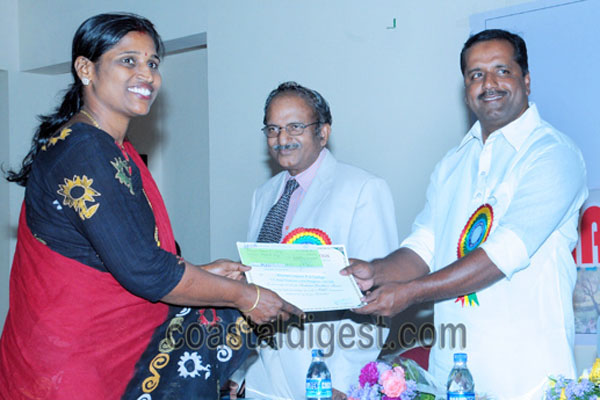
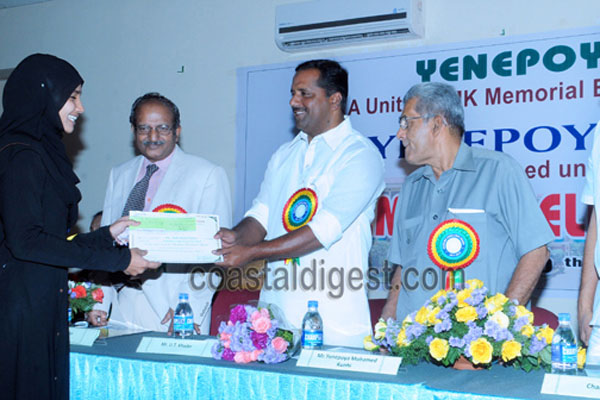
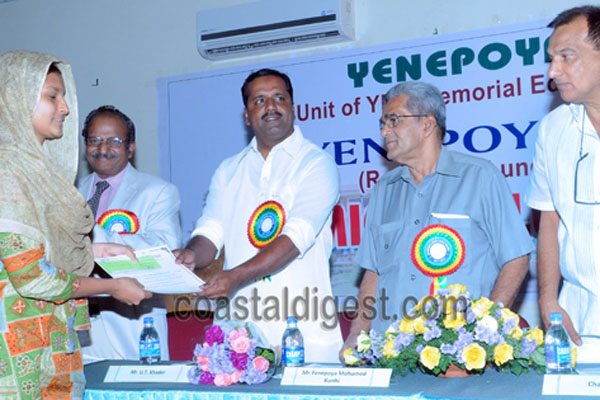
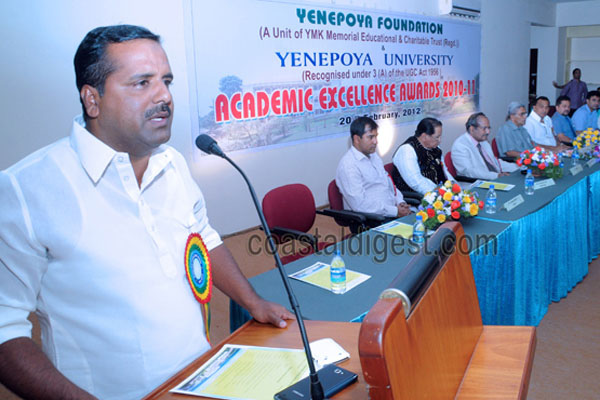
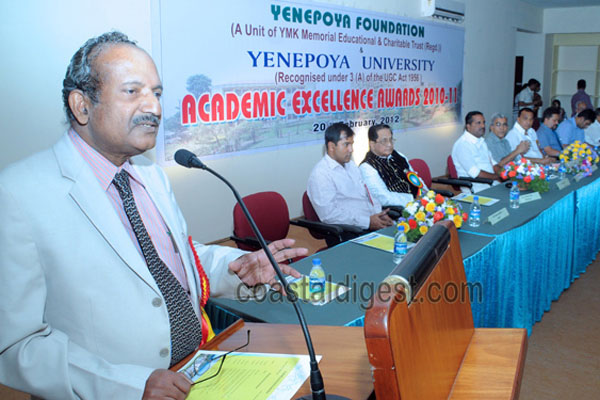
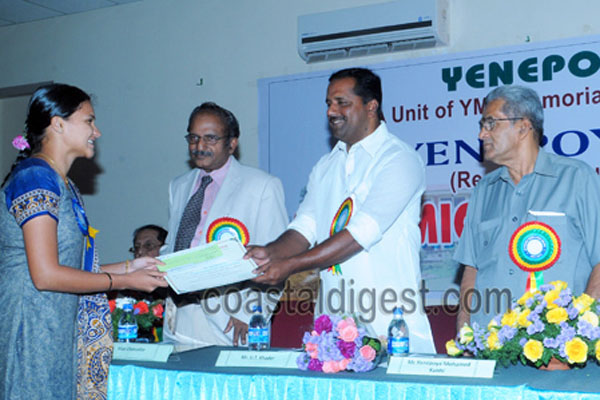
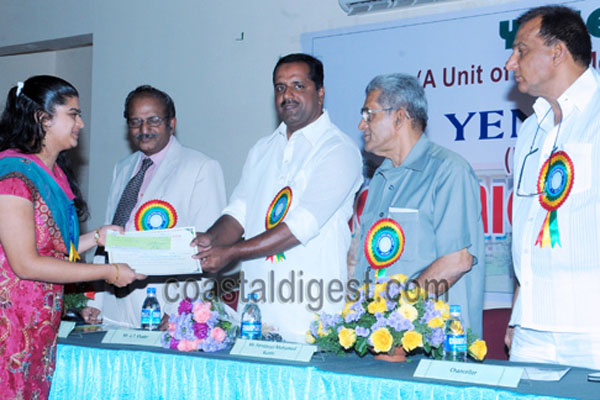

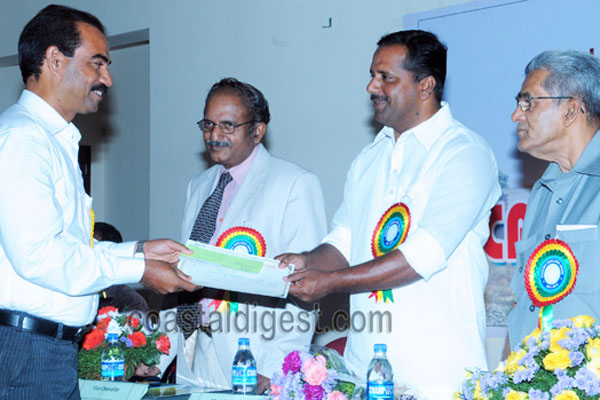
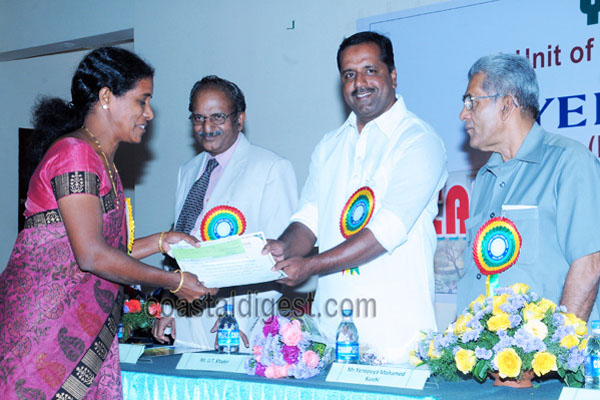
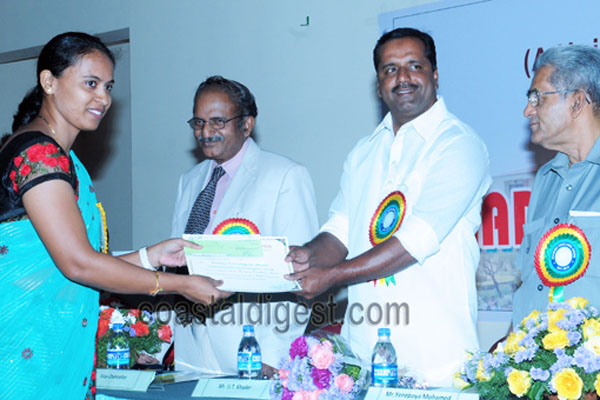
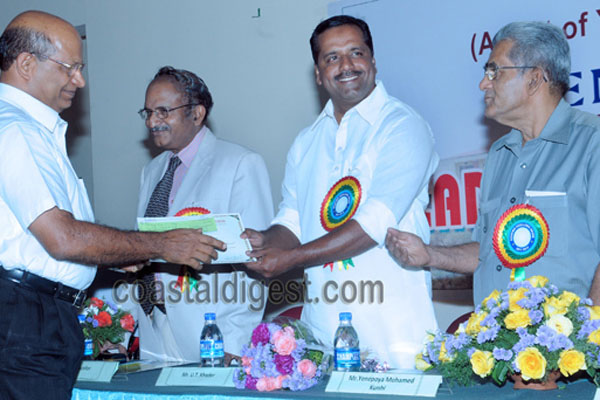
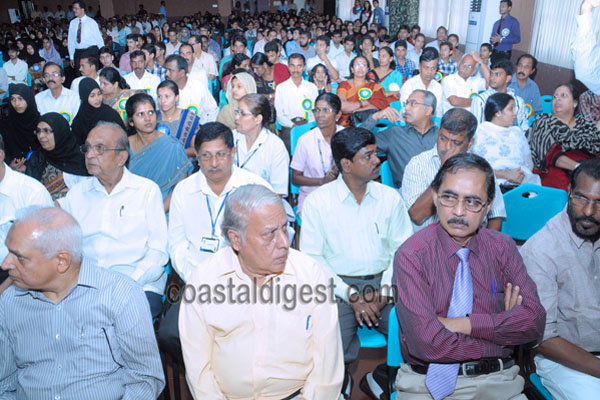
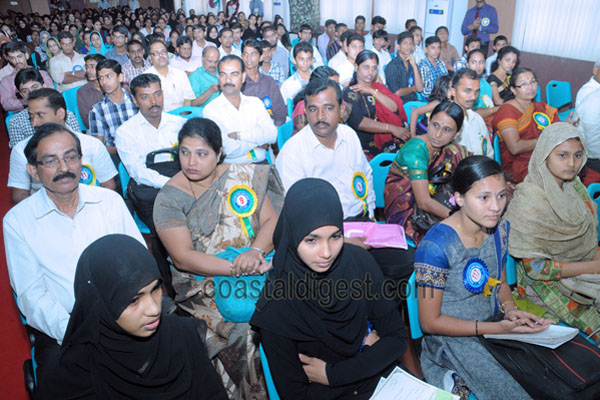
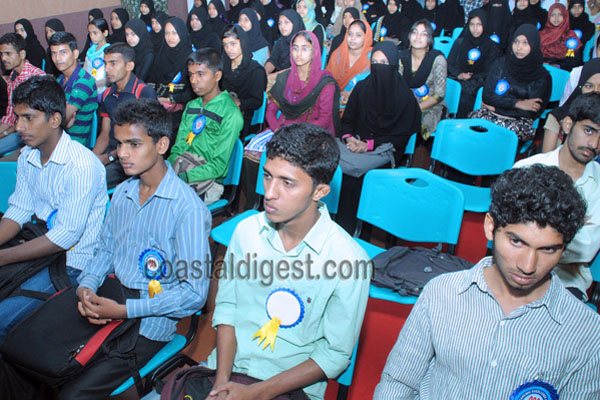
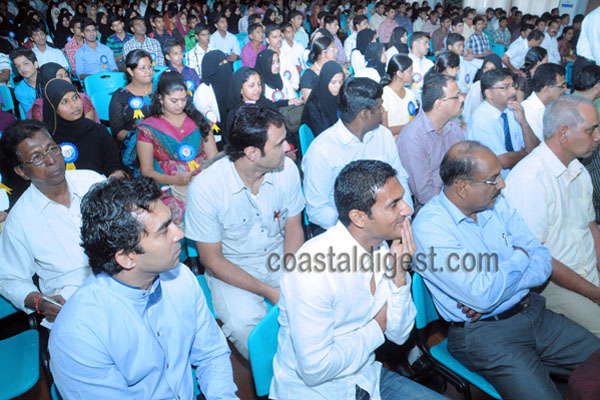
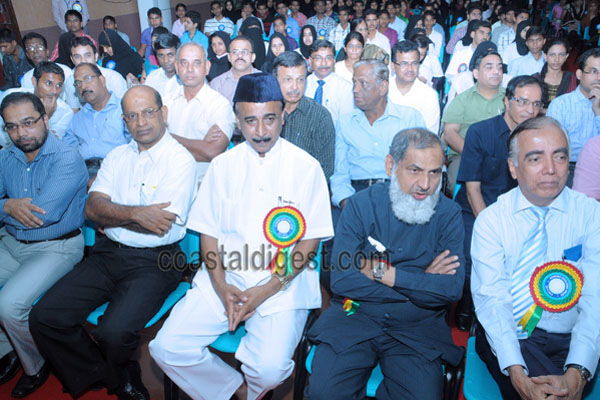
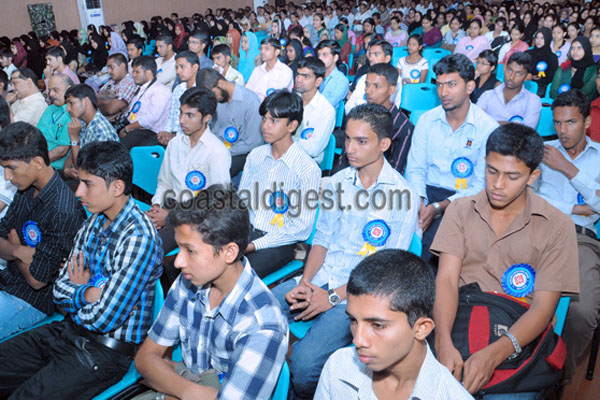






Comments
The prestigious \ Yenepoya Academic Excellence Award\", which is given every year to the deserved , meritorious and needy students , is an indication of the SOCIAL OBLIGATION which the benefactor institution is having in the real sense. Hardly few (finger count) institutions are having this kind of practice and one lively example as per my knowledge is concerned is the \" Shyamanuru Shiva Shankarrappa Education Foundation which is, convening similar programme in the name and style \"S S Jana Kalyana Trust \". Khudos to Yenepoya Foundation for convening this auspicious mission of lending supporting hands for the fulfillment of ambition for good education of the students community as a whole. Spending Rs.10,00,000/- every year on this, can be defined with a popular simile in Kannada language \" KEREYA NEERANU KEREGE CHELLI \" . Thank You and keep it up Sir."
Add new comment